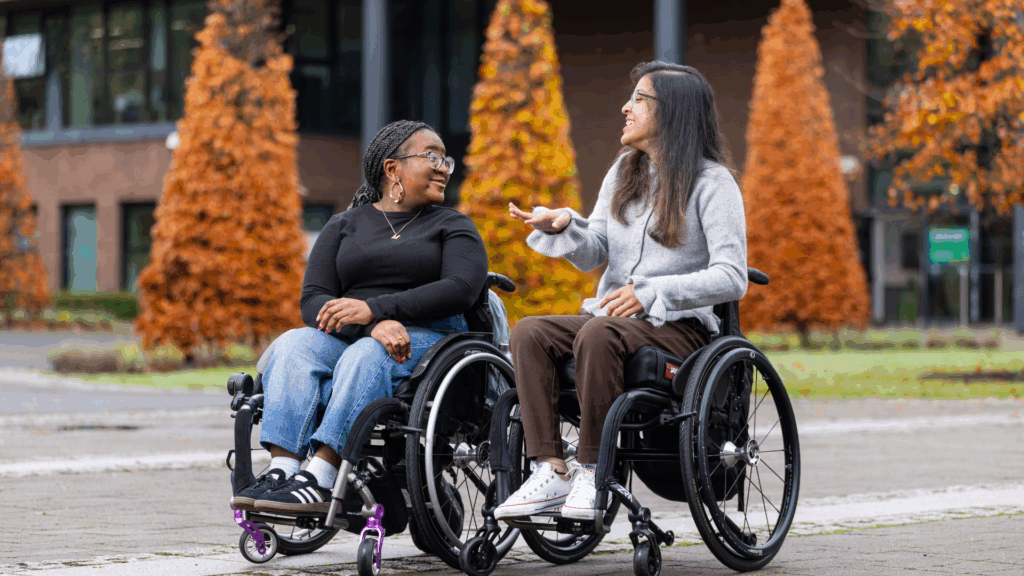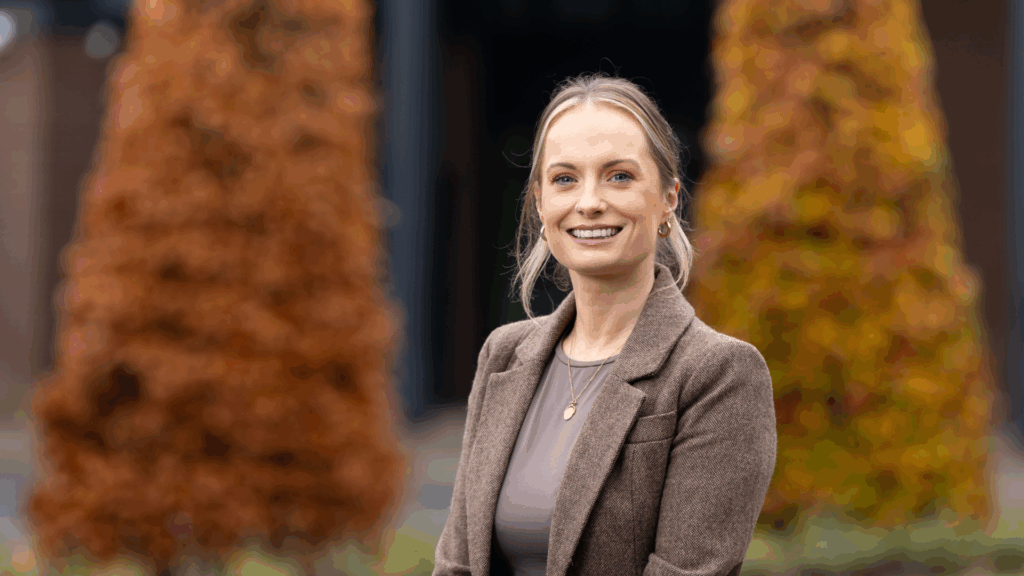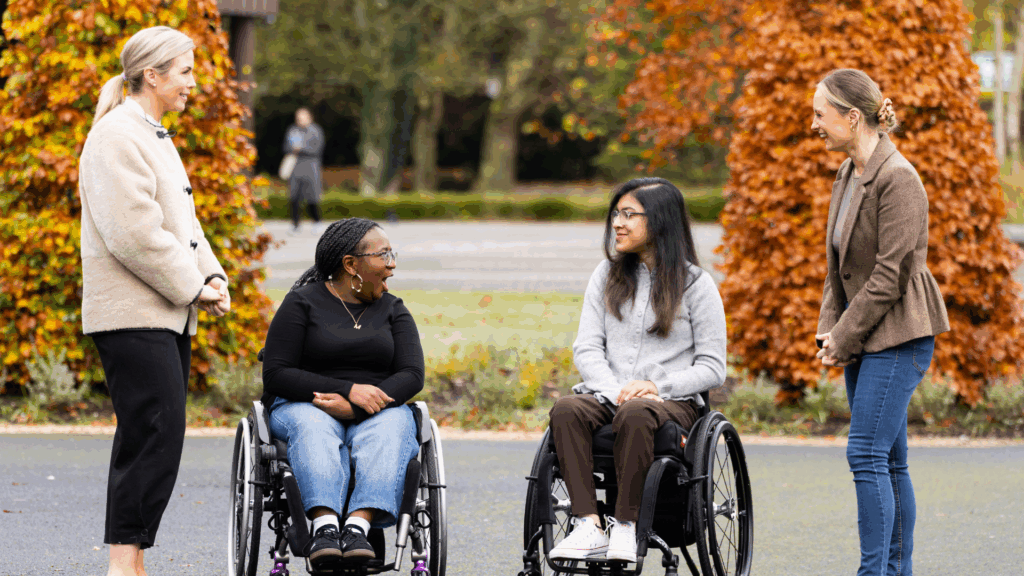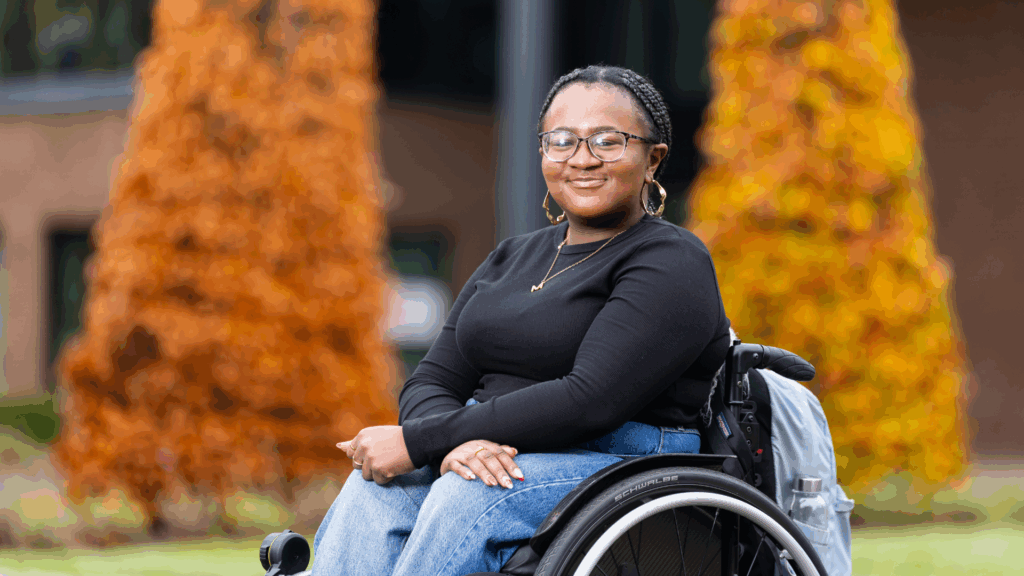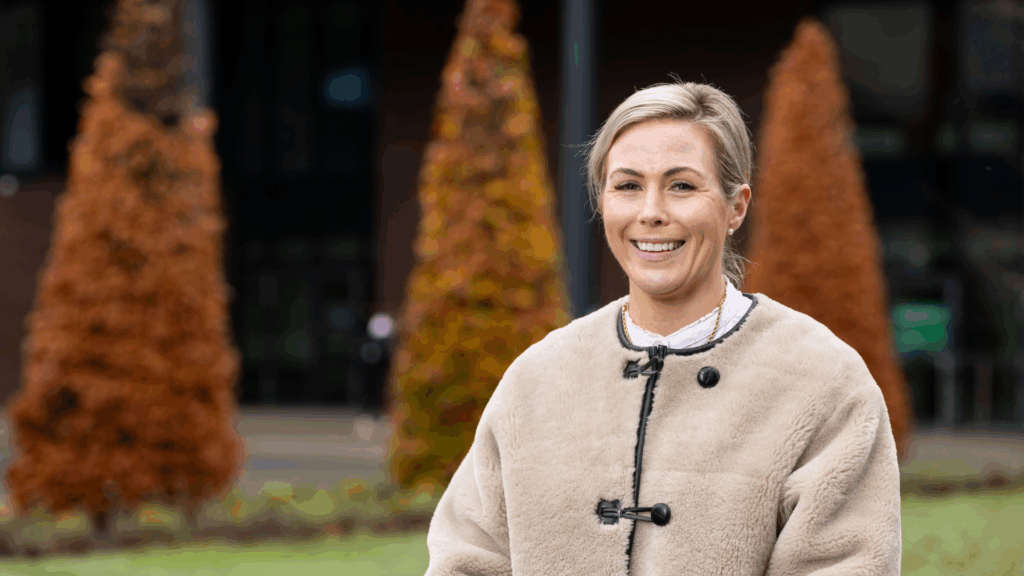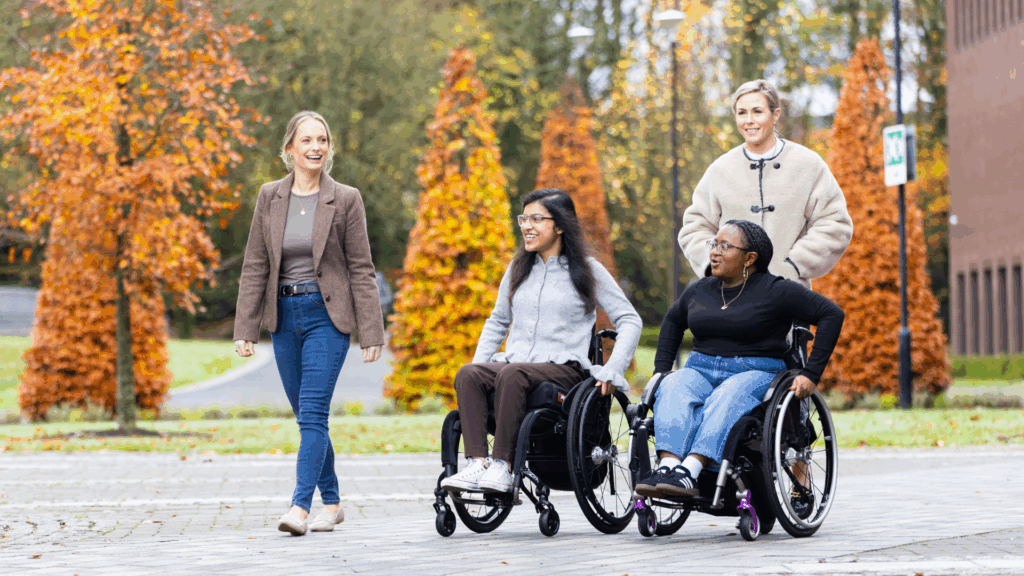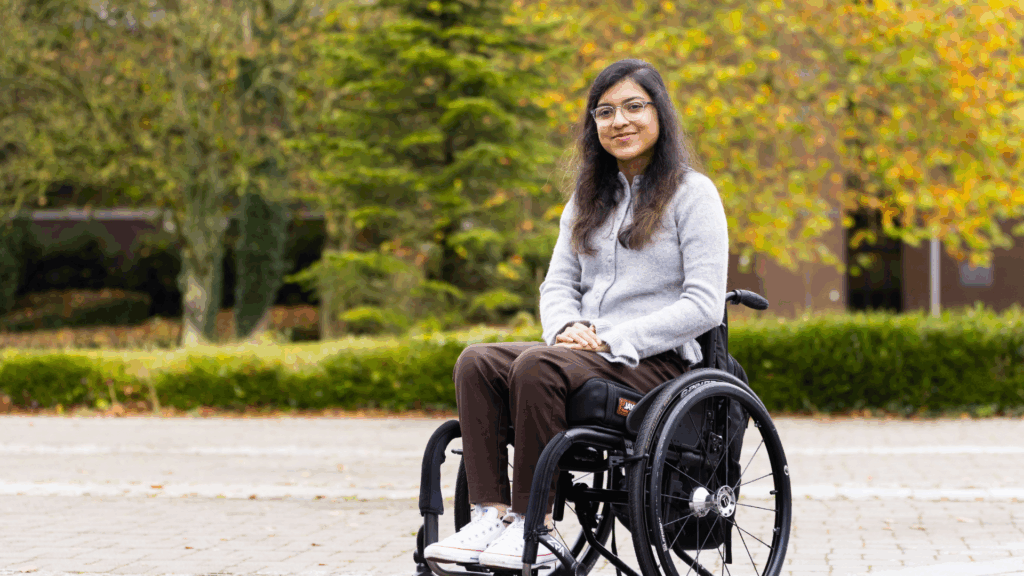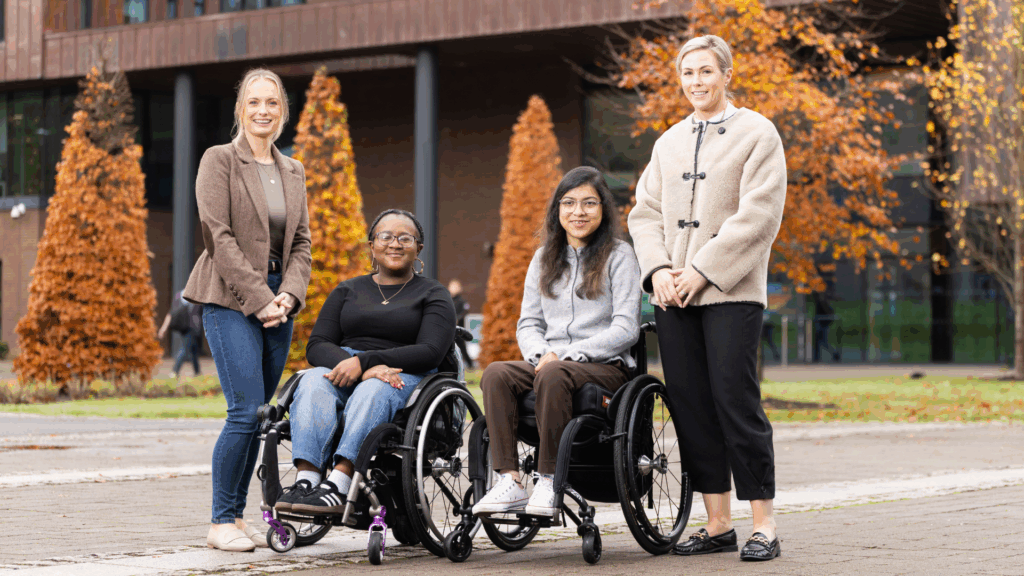Generation Access – UL
Riah Mariah Islam, Business Studies at University of Limerick
Riah Mariah Islam accessed college through the DARE and HEAR scheme.
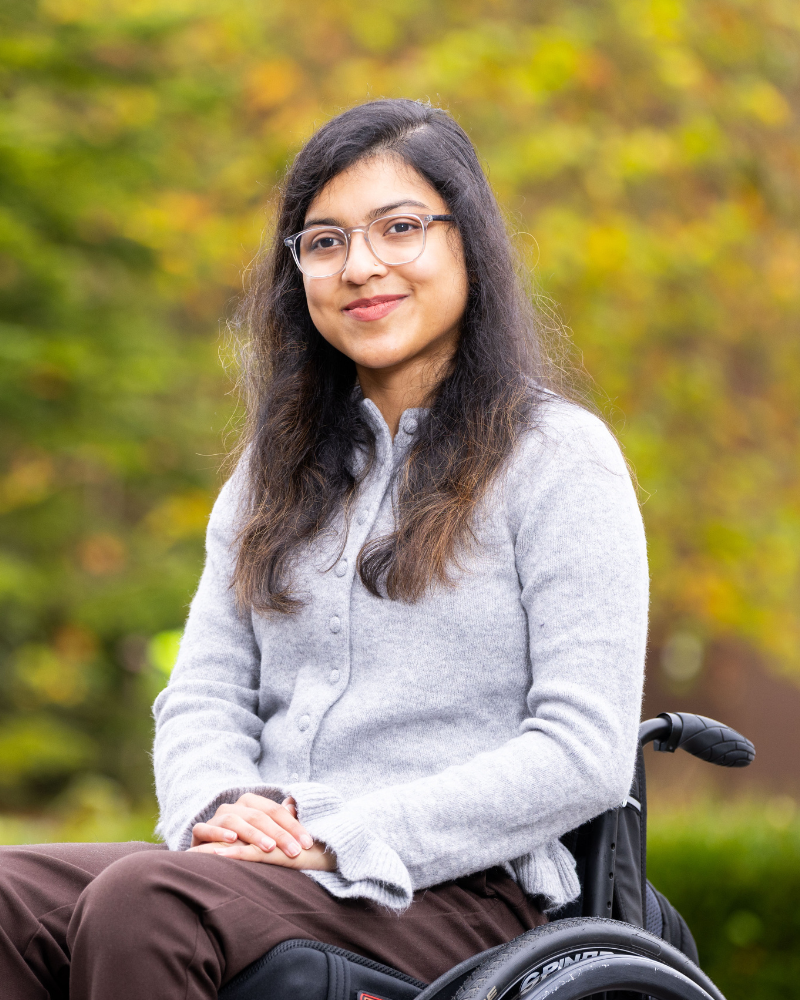
University life has been very rewarding thus far. I have been fortunate with a tight knit group of friends who uplift and encourage me no matter what the situation.
In second and third year I decided to volunteer as a mentor for the Transition to University course for new first year students with the access office. This has been a highlight of the experience for me as not only did I have the opportunity to positively contribute to the lives of new first year students by providing them with insights and useful tips and tricks. But it was also an outlet for me to meet new people across various disciplines learning about their experiences and growing as an individual.
One of the most wholesome aspects of the journey as a Mentor was when a previous Mentee decided to become a Mentor themselves due to the positive impact it had on them.
If you could give your 16 year old self-some advice on applying to higher education, what would you want them to know?
One piece of advice I would give myself is to stop thinking that the access office is only there to provide financial assistance although yes it is a part. The access office gave me ways to learn and grow as a individual and have a positive impact on the experience of others. One of the most valuable things whilst entering a new phase of life is feeling like you are seen and understood and gaining that reassurance that it is not only you who is going through the situation. The access office provided me with a outlet that I could meet with people in similar situations to me sometimes finding people who are there to understand is winning half the battle.
Mercy Oyewo, Business Studies at University of Limerick
Mercy accessed college through the DARE scheme.
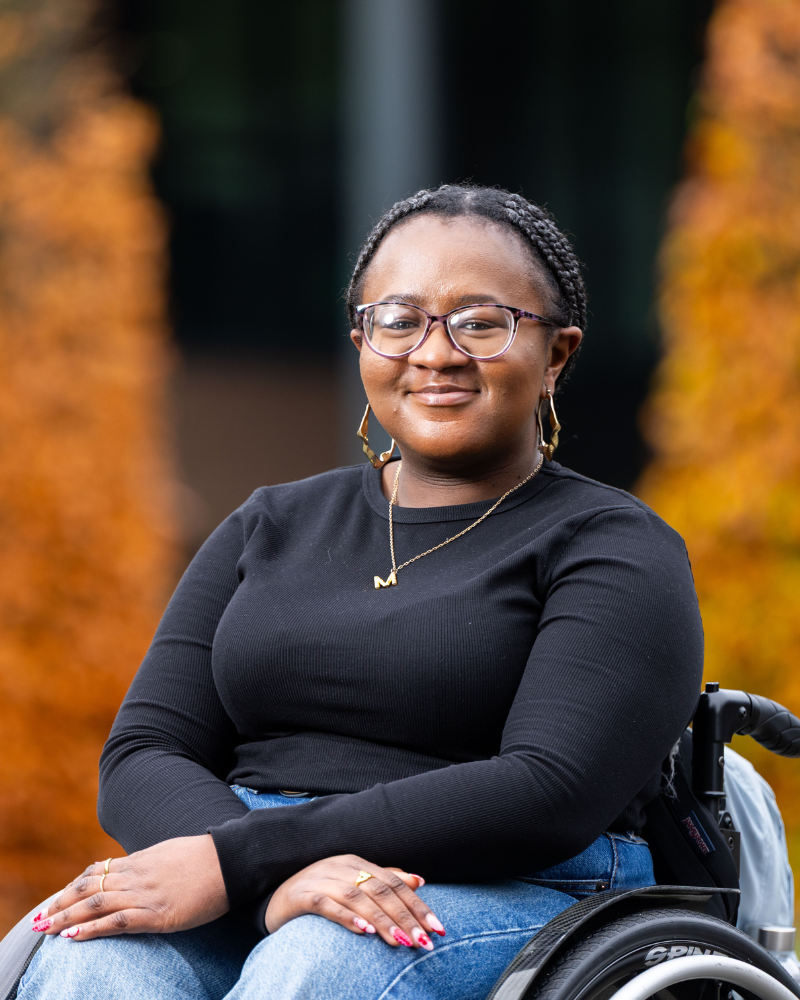
I applied through the DARE scheme because I knew it would make my entrance to University much smoother.
Having the University already aware I would need Disability support rather than having to start the long process of applying for the help I would need. When looking at Universities outside of Limerick, I knew it would be a harder process for me. Making sure I could get accessible accommodation, that I didn’t live to far from the campus etc. I had visited a few campus and found the inaccessibility an issue.
After thinking over these issues I decided that it would be best for me to stay close to home. I was happy with this decision. I didn’t have to worry about accessible accommodation as I live at home, the faculty buildings are all in the one place as UL is one big campus, and the Disability Department has been a great help.
What has university life been like for you so far?
My first few months on campus were a challenge. Accessibility around campus was difficult – since I didn’t know the ins and outs, like where the lifts were or where was the closest accessible toilet was. But the longer I was on campus the more accustomed I became to things. I made an amazing group of friends that have been with me since my 2nd year. They have been there for me in many ways, whether it’s grabbing lunch in between classes or helping me carry my backpack to and from classes. I am very grateful for them. I’m a lot more comfortable around campus often finding myself helping others.
Where do you see yourself after completing your degree?
I see myself continuing my education and hopefully doing a Masters Degree.
Charlotte Hackett, Disability Support Officer at University of Limerick
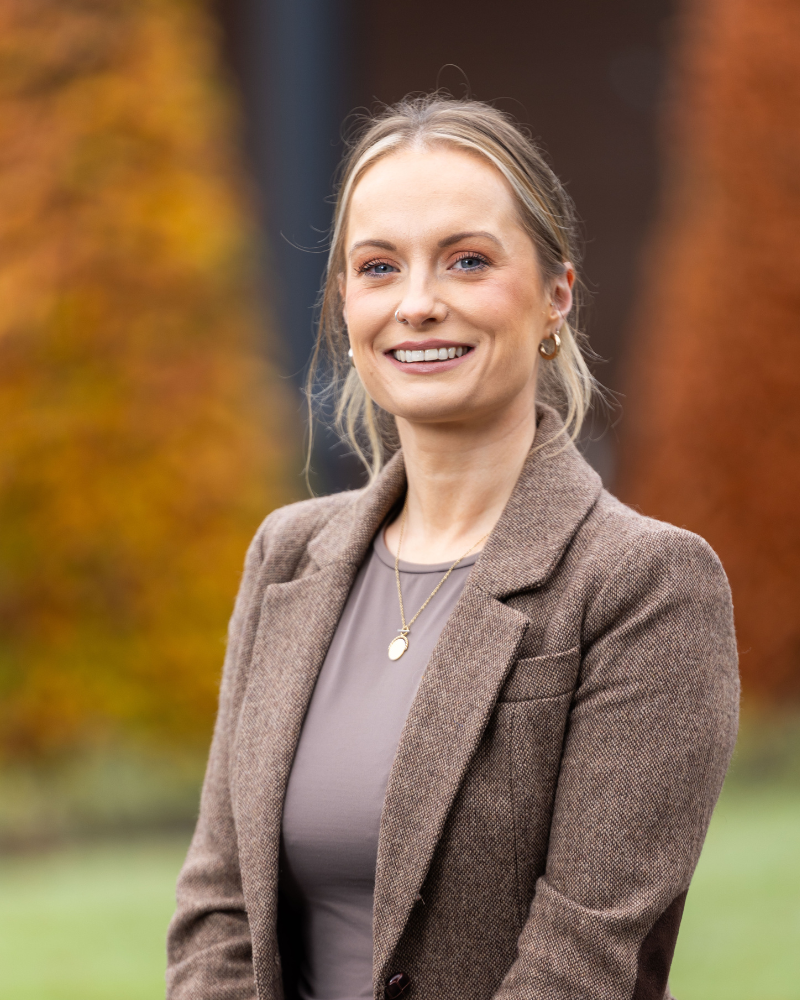
As a Disability Support Officer, my role is to ensure that students with disabilities have equal access to education and can fully participate in university life. I work within the university’s Disability Support Office, and my day-to-day responsibilities are a mix of direct student support, coordination, and advocacy.
I support students on a 1:1 basis where we discuss a multitude of topics such as reasonable accommodations for their learning and exams, signposting to other services, discuss any barriers they’re facing and identify the supports they might need. I work closely with faculty and departments across campus to promote Universal Design for Learning (UDL) principles. This means encouraging teaching practices that are inclusive from the start, so fewer students need individual accommodations.
My goal is to empower students to advocate for themselves, succeed academically, and feel included in all aspects of university life.
What impact have you seen access schemes have on students’ experiences and success in university?
Since starting this role in 2023, I’ve witnessed the powerful impact that access schemes like DARE and HEAR can have on students. These initiatives don’t just provide entry into higher education but also offer a foundation of support that helps students navigate university life with greater confidence and assurance. Students entering through DARE often engage with our service before their first semester begins which allows us to put supports in place from the outset e.g. assistive technology, exam accommodations, or tailored learning supports. This can really help to ease the transition to Third Level and reduce anxiety and apprehension.
Sorcha Prendergast, Widening Participation Manager at University of Limerick
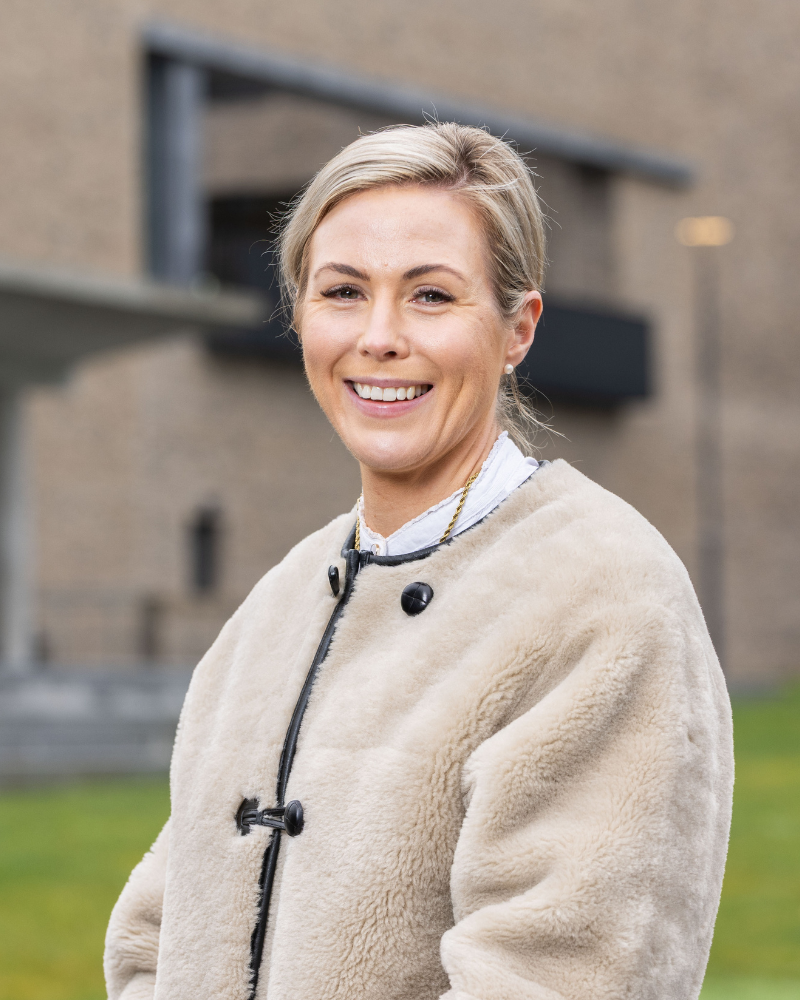
This role plays a pivotal part in increasing the admission, retention, and success of students from traditionally underrepresented backgrounds in higher education. My role is responsible for leading initiatives that promote access to and success in higher education for underrepresented priority groups, such as mature students from disadvantaged socio-economic backgrounds, students transitioning from Further Education to Higher Education and other non-traditional learners.
How has the college life and your job changed since starting the role?
Although I’ve only recently started this post, my experience over the past eight years within the Access and Widening Participation (AWP) team has shown me how much the landscape of higher education is evolving. Opportunities and pathways for students from non-traditional backgrounds are steadily expanding. At the same time, the needs of these students are becoming more complex, and there is a growing recognition of the multifaceted barriers they face.
How can universities, policymakers, and the public better support your students and these initiatives?
AWP initiatives often rely on short-term or project-based funding, a shift towards sustainable, core investment would allow for long-term planning, consistency of support, and the building of trust with communities. This includes funding for outreach, disability services, and post-entry supports for students. Inclusive policy and practice across institutions incentivising staff to make Access everyone’s business.

